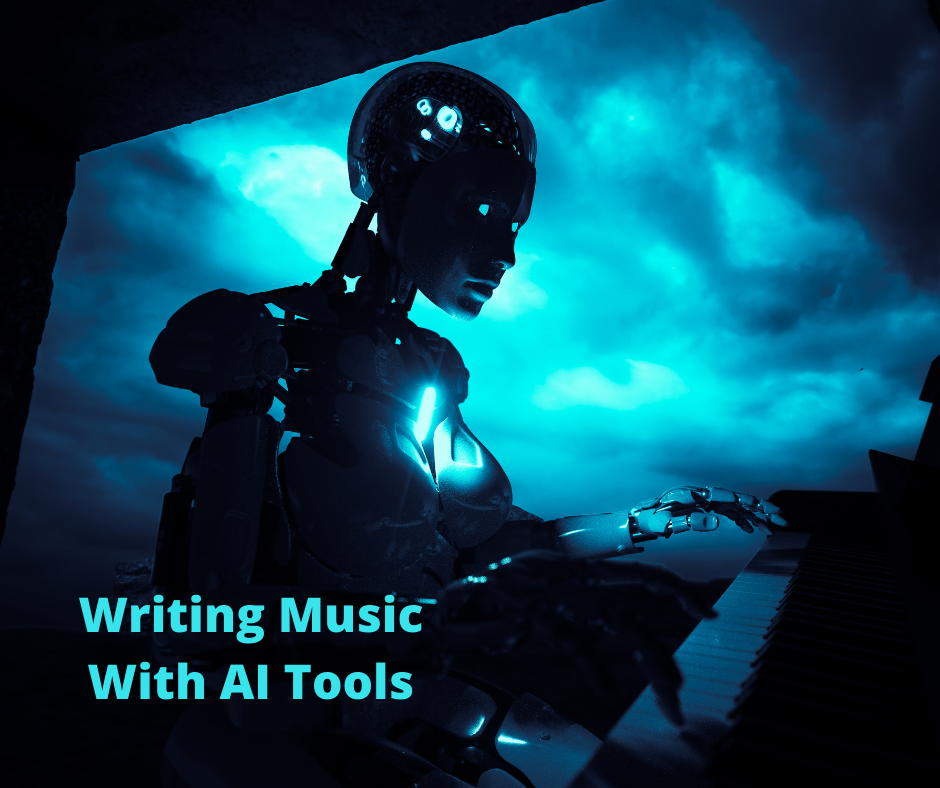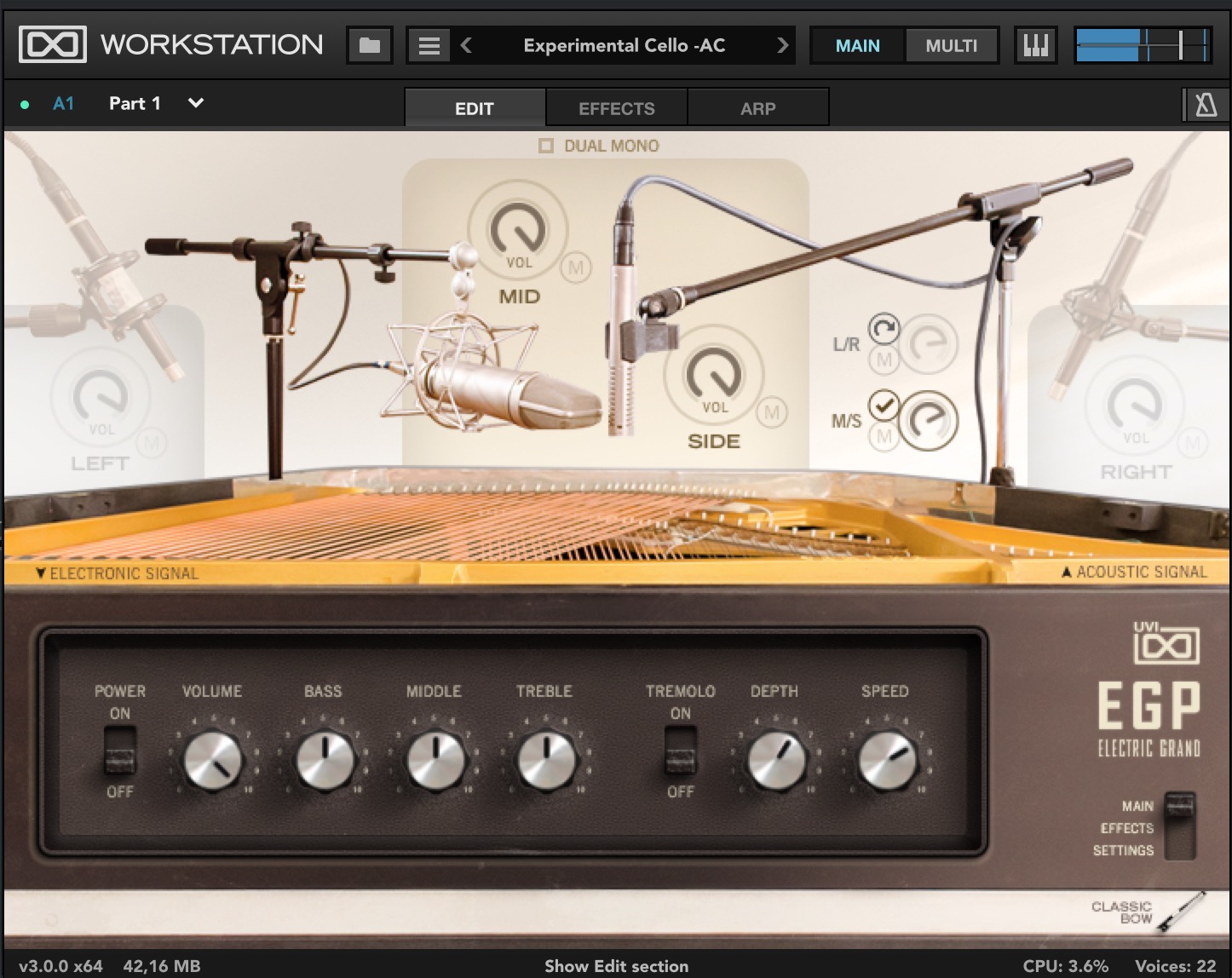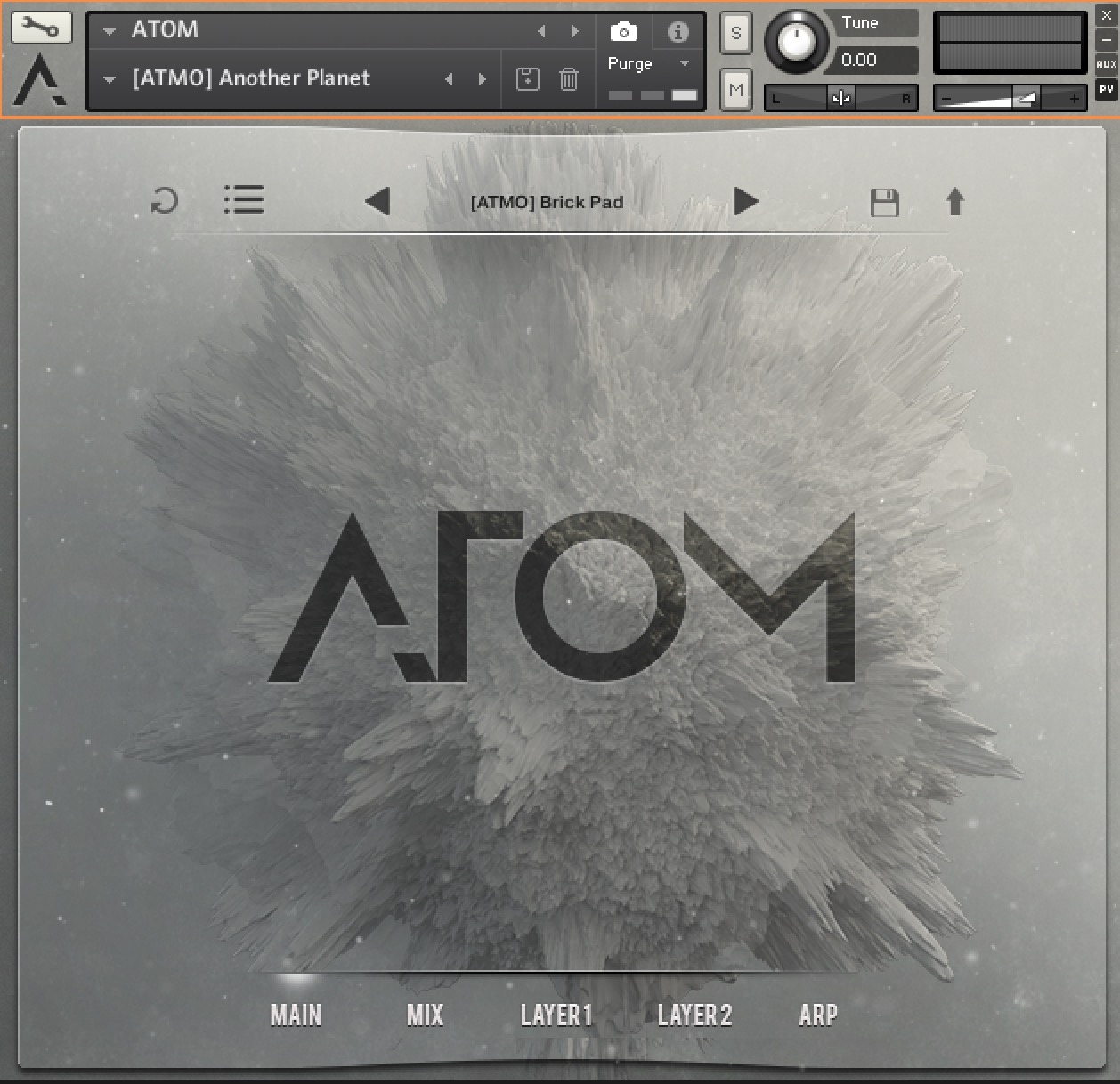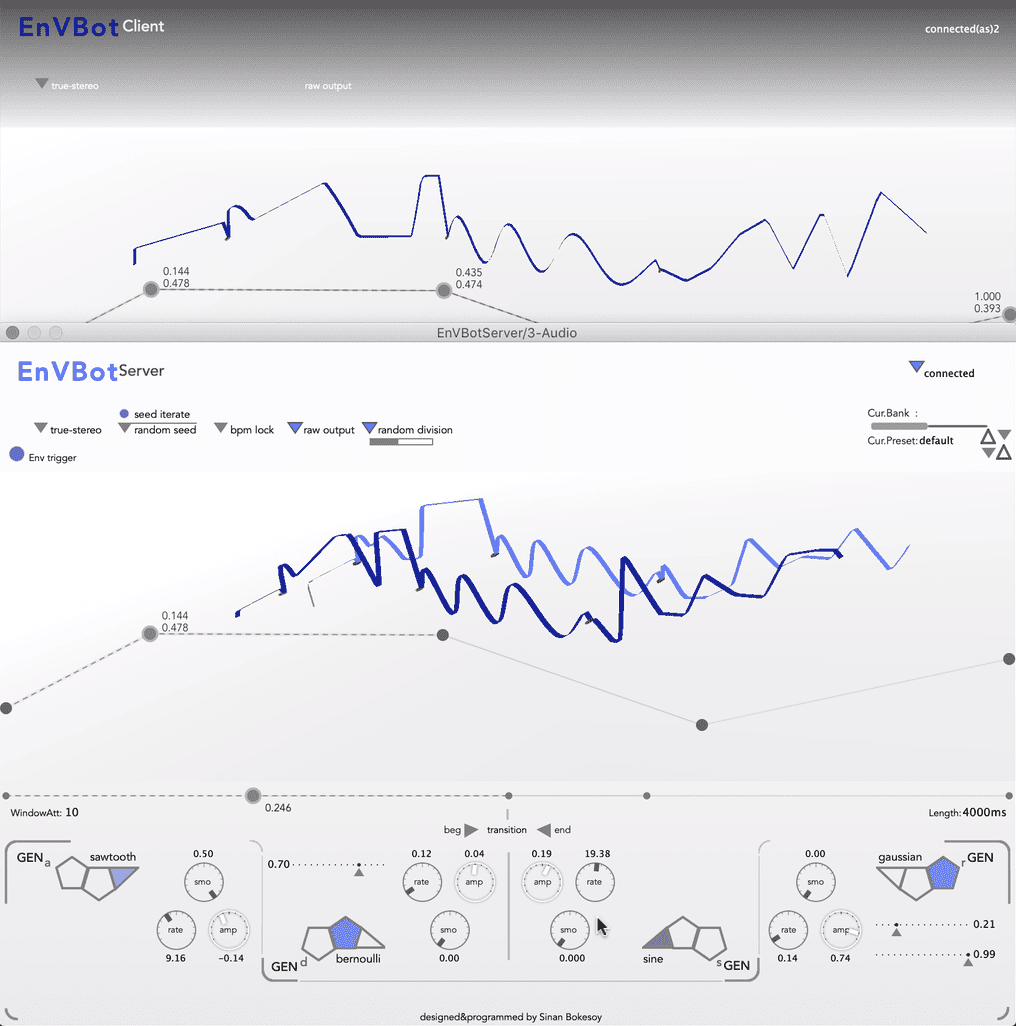It’s no secret that artificial intelligence (AI) is slowly but surely taking over the world. But you may not know that AI is also changing the way music is created. Producers and composers are now using AI software to create entire songs, from start to finish.
Writing Music With AI Tools
This article will explore how producers and composers are using AI tools to write music and some of the benefits and challenges associated with this new technology.
One of the most fascinating aspects of artificial intelligence in music is its ability to help composers create new pieces of music. Thanks to the power of AI, composers can now get suggestions for loops and chord progressions based on their prior selections.
This means that they can quickly and easily come up with new ideas for songs, without spending hours stuck in a creative rut. AI has also made it possible for everyone to be a composer, regardless of their level of experience or training. So whether you’re a seasoned professional or a complete novice, you can use AI to compose beautiful music.
AI is a Game-Changer
The use of AI in music has been a game-changer in the industry. It has opened up new possibilities for creativity and expression. For example, AI-assisted music composition tools can help you come up with new ideas and inspiration for your music.
They can also help you sketch out music quickly and easily, without the need for a lot of gear or space. In addition, AI can help you generate realistic sounds and textures that would be difficult to create with traditional methods. As a result, AI is increasingly becoming essential for music production.
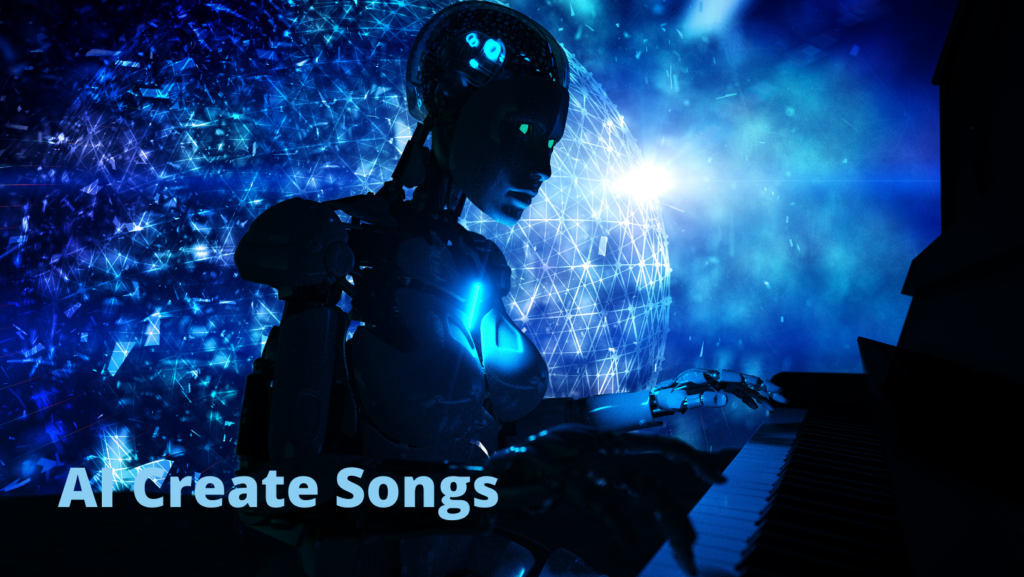
AI Tools and Blockchain
As artificial intelligence (AI) continues to advance, its applications are becoming increasingly diverse. One area that has seen recent AI advances in the music industry.
Producers and composers are now using AI software to create songs, and the results are often surprisingly good. The software is able to analyze a song and identify the most important elements, such as the melody, chord progression, and so on. It can then generate new songs that are similar to the original but with some variations.
This allows producers and composers to create new music quickly and efficiently. In addition, AI can also be used to improve the quality of existing songs. For example, it can be used to remove background noise or to add new instrumentation.
As AI continues to evolve, it is likely that its impact on the music industry will only grow.
Blockchain is another technology that is changing the world. Unlike traditional databases, which are centralized and controlled by a single entity, blockchain is decentralized and distributed across a network of computers. To learn more about Blockchain take a look at DreamRidiculous‘ article How Blockchain Is Changing the World, Your One-Stop Source for All Things Crypto & Blockchain.
This makes it much more secure and reliable. In addition, blockchain can be used to create “smart contracts” which are automatically executed when certain conditions are met. This could have a huge impact on many industries, such as banking and insurance. As with AI, the use of blockchain in the music industry is still in its early stages.
However, there are already a few startups that are using blockchain to create new platforms for music streaming and distribution. For example, is a platform that allows artists to sell their music directly to fans, without the need for a middleman.
The Role of Technology in Music
As an artist, I’ve always been fascinated by the role of technology in music. From the invention of the printing press, which made sheet music widely available, to the development of audio recording and playback technologies, which transformed the music industry, technology has always played a vital role in shaping the sound of popular music.
Today, we’re on the cusp of another major shift in the way music is created and consumed, thanks to the emergence of artificial intelligence (AI). AI is already being used by some of the world’s biggest stars to create new sounds and compositions, and it’s only going to become more prevalent in the years to come. While many musicians are excited about the potential of AI-created music, others find it daunting.
Role of The Human Musicians
After all, if a machine can create a hit song, what role will human musicians play in the future? I believe that there’s room for both human and machine-generated music in the future.
Just as digital tools like Pro Tools and Ableton have empowered bedroom producers to create professional-sounding tracks without years of training, AI will open up new possibilities for creativity and self-expression. For example, imagine being able to feed a song idea into an AI system that would then generate a fully produced track based on your input.
Or what if you could create a virtual bandmate that would help you compose new songs and provide feedback on your work? These are just some of the ways that AI will change the music industry in the years to come.
However, it’s important to remember that AI is not a magic bullet. While it can be used to create incredible-sounding music, it’s ultimately up to the human composer to give the music its soul. AI is a powerful tool that can be used to create amazing music, but it will never replace the need for human creativity.
AI Music Homogenization of Music
There’s no question that artificial intelligence (AI) is rapidly evolving and changing the landscape of many industries. One area where AI is beginning to have a significant impact is music composition.
While some purists may be resistant to the idea of using AI to create music, the reality is that AI can be a powerful tool for both enhancing creativity and boosting productivity. For example, by using AI to generate musical ideas and themes, composers can quickly come up with new ideas and inspiration for their works.
Additionally, AI can be used to streamline the composting process by helping to create drafts, identify errors, and suggest improvements. In many ways, AI is simply another tool that composers can use to help them create better music. So rather than resisting the change, composers should embrace AI and all it has to offer.
Producing Music Commoditizes
The meteoric rise of technology has drastically changed the music industry and the way in which musicians operate. In the past, musicians would have to book time at inexpensive studios and hire skilled engineers in order to create a professional-sounding recording.
However, today, thanks to advancements in audio software and hardware, it is possible for anyone with a computer to create high-quality recordings at home. While this has democratized the music industry and made it easier than ever for aspiring musicians to get their start, it has also put pressure on established artists who may feel threatened by the increased competition.
In addition, the increasing reliance on technology has also led to some musicians feeling sidelined, as production tools such as drum machines and sample libraries make it possible for non-musicians to create professional sounding tracks. As the music industry continues to evolve, it will be interesting to see how musicians adapt and whether technology will ultimately help or hurt their careers.
Producing music has commoditized over the past 20 years as technology has allowed anyone with a laptop to create a studio. The industry as a whole has changed too, now favoring streaming services that offer vast libraries of songs for low monthly fees.
This commoditization has made it difficult for new artists to make a living, but it has also led to a surge in creativity and innovation. As technology continues to evolve, new opportunities will open up for music creators. And while the industry may always be in flux, the future of music looks bright.
As the music industry continues to evolve, composers and producers are facing increasing levels of competition. In order to stay ahead of the curve, it is essential to keep up with the latest developments in music technology. One of the most exciting recent advancements is LANDR Audio Mastering, an AI-powered tool that can produce professional-quality sound without the need for expensive studio rates or complex plugins.
While some may view this as a threat to traditional mastering engineers, the reality is that LANDR provides a valuable new option for those who are looking to create high-quality sound without breaking the bank. By offering a cost-effective and user-friendly solution, LANDR is poised to revolutionize the music industry and make professional-level sound accessible to everyone.
Employing AI For Music
There are many benefits to using AI and assisted music writing tools. Among these is the ability to simulate a jam session. This is normally done with a band or group of writers running lines and ideas by each other in real-time or passing session files back and forth. I
f you’re a one-man band, you may find yourself improving over tracks to find new melodic lines and ideas. The same thing can be done with assisted writing tools but in a much faster and isolated manner. Think about having a melody line, but not knowing which harmony fits best. With assisted writing tools, you can cycle through harmony options quickly and easily, trying out different combinations until you find the perfect fit.
This can save a lot of time and frustration, especially when working on complex pieces. In addition, AI-assisted music writing tools can help you to create more realistic sounding parts, particularly when it comes to drums and percussion. By programming in various human factors, such as swing and feel, these tools can give your tracks a more organic sound that will better connect with listeners.
In the past, signer songwriters would purchase drum machines and lay down basic drum lines/tracks to kick start their ideas. These drum machines would range, some going up in the thousands of dollars.
Today that same writing style can be employed using Logic X’s stock drummer or various other writing tools. This different software allow users to create very realistic sounding drums without having to be a drummer themselves. As a result, more people are able to create music that they otherwise wouldn’t have been able to.
In addition, these tools also give users a lot of flexibility in terms of creating unique sounds and beats. As a result, they are becoming increasingly popular with both professional and amateur musicians alike.
Avoid Writer’s Block
If you’re a musician, you know that writer’s block is a very real phenomenon. You can sit in front of your instrument or computer for hours, days, or even weeks, and not come up with anything that feels worth putting out into the world. The good news is that there are some AI tools that can help you break through that creative wall and get your music career back on track.
One tool that can be hugely helpful is an AI-powered music production assistant. This type of software can help you with everything from finding the right chords for a song to mixing and mastering your tracks. By taking care of the technical aspects of music production, it frees up your brain to focus on the creative side. There are a number of different music production assistants on the market, so be sure to do your research and find one that’s right for you.
If you’re struggling to come up with ideas for songs, an AI-powered songwriter may be just what you need. These programs use artificial intelligence to generate new melodies and lyrics based on the genre of music you specify. You can then edit and refine the results until you have something that’s ready to share with the world.
Writing music with AI can be a fun and exciting process, as it allows you to experiment with sounds and ideas that you might never have thought of on your own.
To get started, simply choose the sounds you want to use, assign a writing tool to each one, and roll the dice to generate some ideas. Then, take the ones you like and drag them into your digital audio workstation. From there, you can refine the ideas and create something that is truly unique.
AI-Assisted Become a Valuable Tool for Composers
Artificial intelligence is often seen as a threat to jobs, with many people fearing that robots will soon replace human workers in a wide range of industries. However, there are also many potential benefits to be gained from AI, particularly in the field of composition.
AI can help composers to analyze and understand musical compositions in ways that would not be possible for humans, and it can also be used to generate new ideas and suggestions for pieces of music. In the future, AI-assisted composition could become a valuable tool for composers of all levels of ability, allowing them to create stunning new works of music that would not otherwise be possible.
There’s no denying that artificial intelligence is becoming more and more prevalent in our lives. From self-driving cars to language translation, AI is beginning to change the way we live and work.
However, there are some areas where AI still has a long way to go before it can match the abilities of humans. One such area is music composition. Sure, AI can create simple melodies and beats, but it’s far from being able to create a complex, emotionally-resonant piece of music.
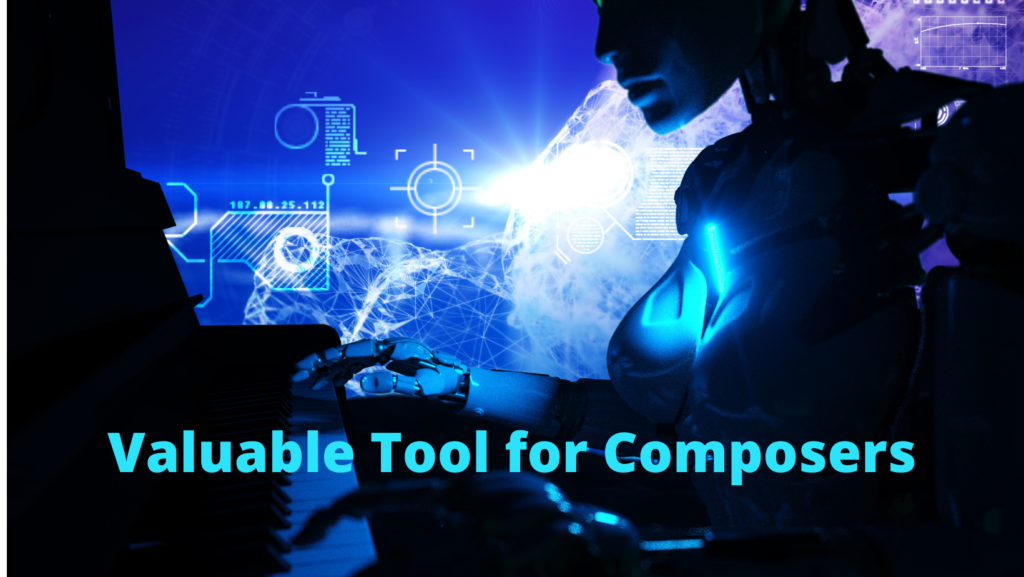
The reason for this is that composing great music requires an understanding of emotion and human psychology, something that AI just doesn’t have. In addition, composing music is often an organic, creative process that unfolds over time. AI simply isn’t capable of this kind of creativity. For now, at least, it seems that human composers will continue to reign supreme.
Conclusion
As you can see, there are a number of ways that AI is changing the music industry. From writing and production assistance to automated copyright protection, these tools are making it easier than ever for musicians to create and share their work with the world. So if you’re looking to take your music career to the next level, be sure to check out some of the AI tools that are available.
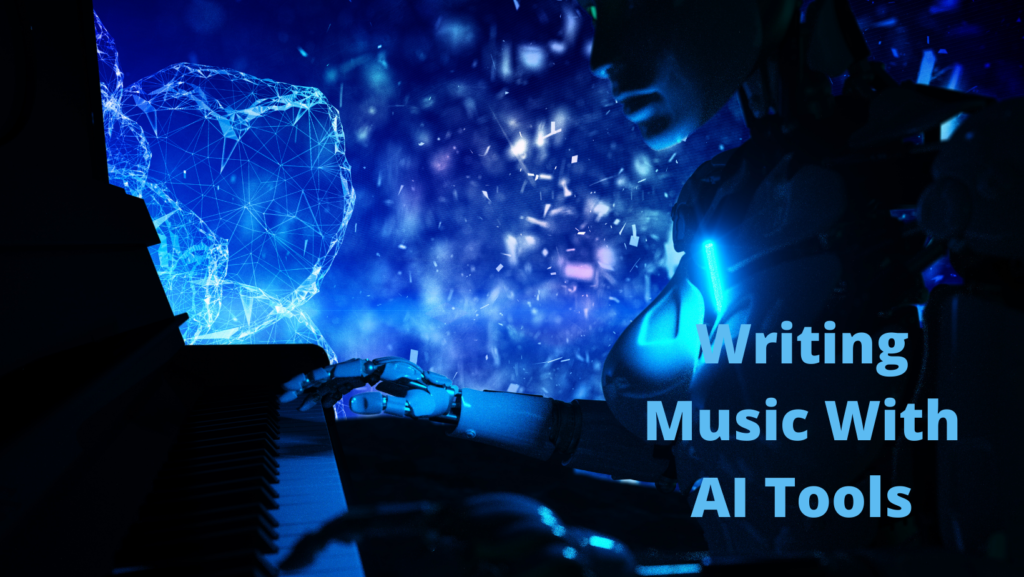
In a world where AI is becoming more and more commonplace, it’s no surprise that writing tools are also beginning to use this technology. While some people may be hesitant to use AI-assisted writing tools, there are many benefits that they can offer.
For starters, AI writing tools can help to make the features already available in our DAWS more focused and easier to use. They can also assist with melody creation, chord progression, and even parameter randomization. In other words, AI writing tools can be a valuable asset for any music creator who wants to improve their workflow.
So if you’re looking for a way to take your music to the next level, don’t be afraid to give AI writing tools a try.

